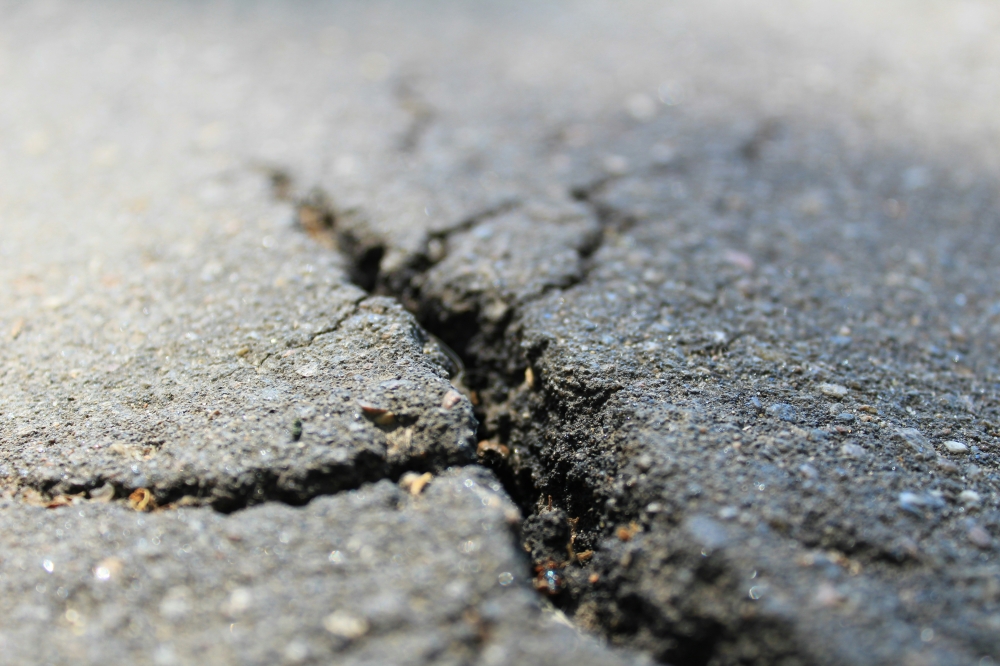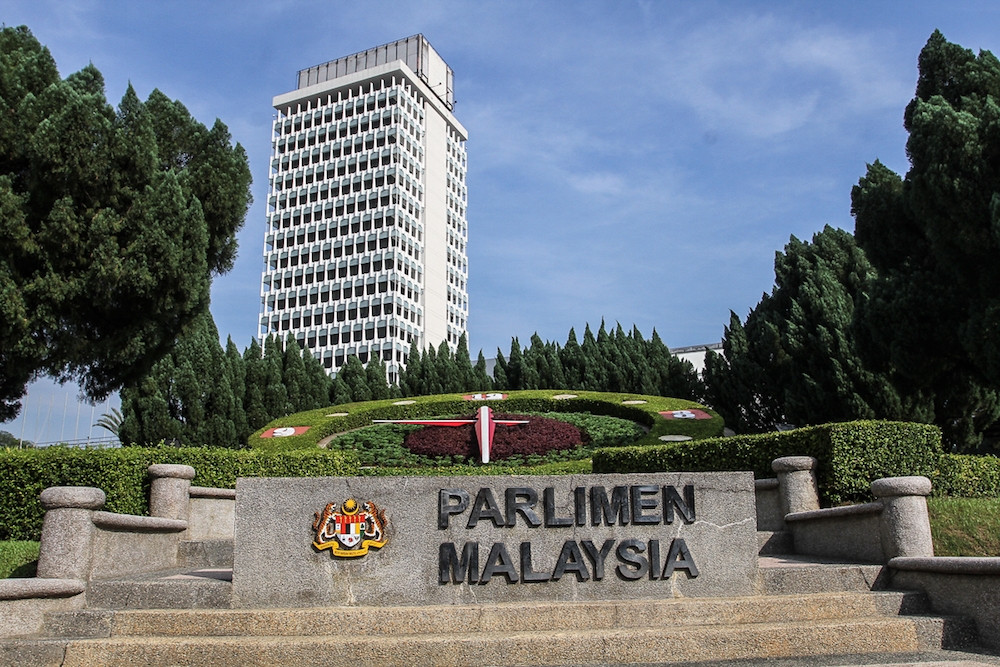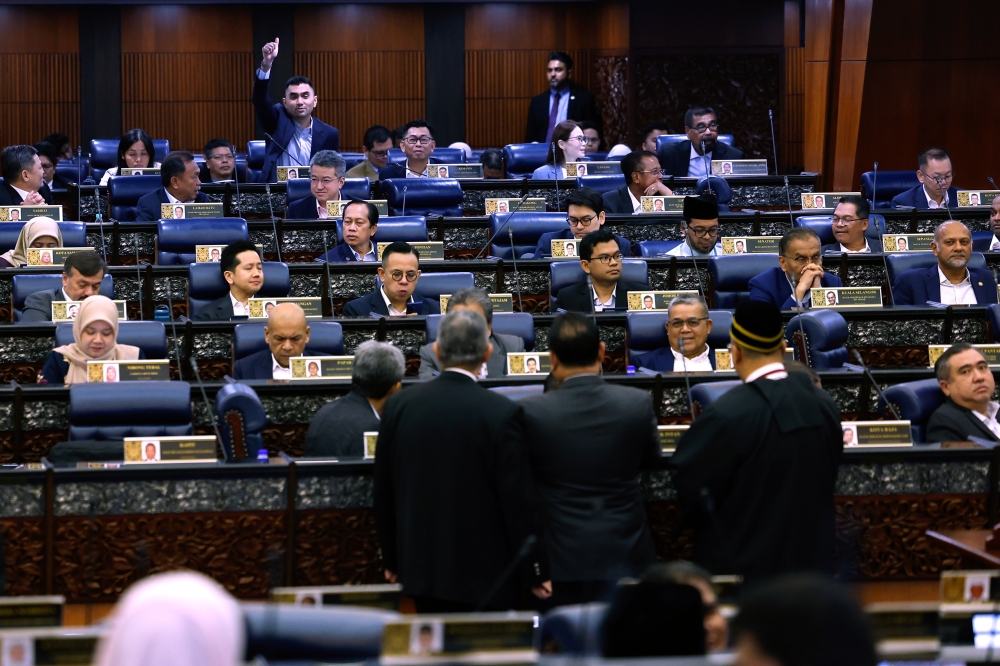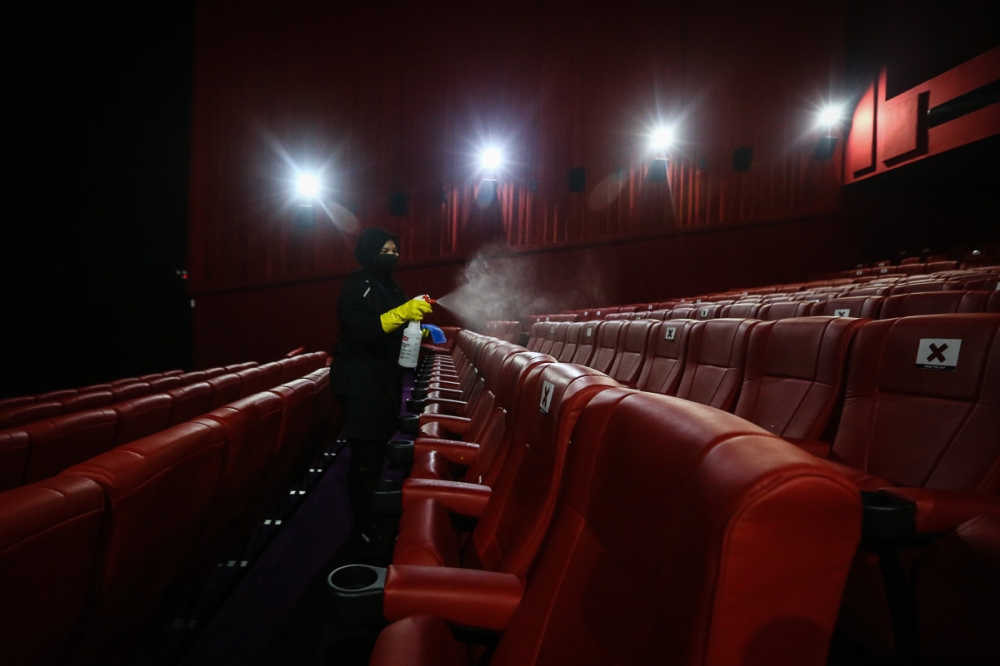SEPTEMBER 7 — Pasir Puteh MP Nik Muhammad Zawawi Salleh’s remark that the Bible is distorted (see note 1) when it comes to prohibiting alcohol raises the question of the value of consuming “risky” elements in the first place or, more specifically, why completely outlawing alcohol may not be an ideal move.
Putting aside the controversy around what the Biblical texts may have “originally” said, the fact is that Christian teaching today does not ban alcohol; it merely forbids drunkenness.
This Biblical position contrasts with that of PAS’ which, at least for now, hopes to impose a blanket ban on alcoholic consumption, effectively creating Prohibition in Malaysia.
This is based on a belief that drunk-driving is the leading cause of car accidents. Ergo, by banning alcohol we stop drunk-driving completely.
As many people have noted, the logic behind such reasoning is not so much flawed as it is inadequately integrated with a proper understanding of the weighing of good and bad in making decisions.
No country ever bans kitchen knives because it will eradicate death-by-stabbing; they just try to ensure such sharp tools are kept properly by their owners.
Likewise, we don’t close down factories in order to ensure a 0 per cent factory accident rate; we simply do our best to regulate for safety in the workplace.
And while many children may prefer it, schools still operate despite the boredom and irrelevance of many of the classes, leading to a hatred of learning as they grow up.
The point is that “dangerous” things (yes, sometimes this includes schools) possess value.
Likewise, with social drinking. Many people in Malaysia love their Chardonnays and Johnnie Walkers and thousands of gatherings in the evenings would be less delightful if Prohibition ever occurred in Malaysia.
To ban alcohol would be akin to banning perfume or colour or plush sofas, all sensuous and “creaturely comfort” things which make life pleasurable for millions.
There is value and yes there’s also risk of harm. Destroying the former to prevent the latter is only one, and hardly the best, mode of decision-making.
Back to Zawawi’s issue and the Bible permitting alcohol.
It can be easily pointed out that the best way for stopping or reducing car accidents is not by banning alcohol but by banning cars.
I’m guessing Zawawi would say, well, that would bring about too many problems eg. people will have problems commuting, the motor industry would collapse, etc. — to which one could reply so what?
Isn’t all this trouble worth it to save the many lives killed by drunk drivers? How do we weigh the value of efficient transportation with the pleasures of enjoying a wonderful cocktail with friends? Who decides?
Which brings me to the theme of this article i.e. theology. I suggest that God has left it up to us to decide on how to balance off the good or pleasurable with what’s necessary to reduce the bad or the dangerous.
Good parents only impose blanket bans on their kids for something which is utterly destructive with no redeeming value whatsoever (like drugs or violence); would not a good God do the same?
I’ve told my kids they’re not to do drugs or beat each other up, non-negotiable. But when it comes to ice-cream or sweets or Maggi Mee (which may lead to obesity), when it comes to using their phones (which does lead to time-wasting) and when it comes to watching cartoons (which could cause brain damage, right? Have you seen some of the stuff shown?) I do not impose a blanket ban.
Instead, I seek to regulate and set limits.
That’s it and, without pretending I’m any Dad of the Year, I think it’s generally good parenting. And again, why wouldn’t a kind and loving God who cares for his people do something similar?
Theologically speaking, this explains why God allows some “dangerous” things in the world, even those with the potential for much harm.
To me, the Bible’s allowance of alcohol with the warning against drunkenness is one and the same as me allowing my kid to watch YouTube videos but not to be at it for 19 hours a day.
Like me and my kids, God wants to give his created humans good things, while teaching and trusting them not to abuse them. This I know, because the Bible (as I have it) tells me so.
* Note 1: As Zawawi has studied comparative religion, I’m tempted to ask exactly which portion of the Christian Scriptures have been tampered with, what was the “original” wording of the text, the motives as to the modifications, how people like Zawawi know there’s a change in the first place and, well, since many portions of the Bible mention alcohol would that mean that all of these have been misrepresented in the final texts?
** This is the personal opinion of the columnist.




















